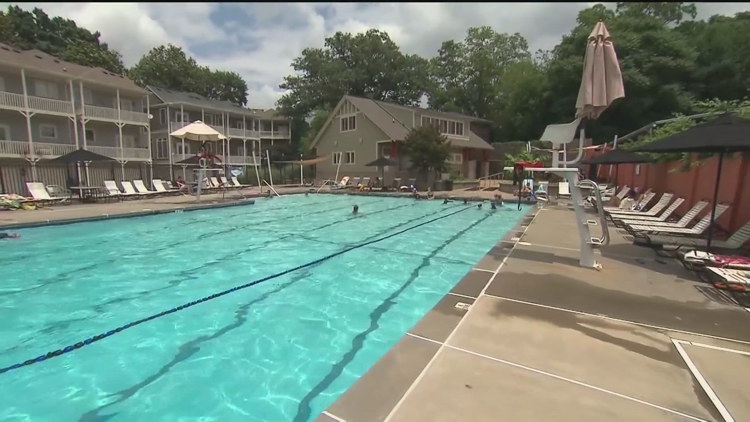HUNTSVILLE, Ala. — As temperatures rise and people head to pools, lakes, and beaches, it's important to consider some key factors when swimming, including potential risks.
According to data from the Centers for Disease Control and Prevention (CDC), from 2010 to 2019, an average of 3,957 unintentional drowning deaths occurred in the United States, excluding those related to boating. Shockingly, drowning ranks as the second leading cause of unintentional injury death for children ages 1 to 14, trailing only behind motor vehicle crashes. More children ages 1-4 die from drowning than any other cause. More than 40% of these drownings treated in emergency departments need hospitalization or further care, highlighting the severe consequences of water-related accidents.
The Alabama Public Health shows that recent reports from the United States Coast Guard shed light on another concerning trend. In 2020, there were 767 boating deaths nationwide, marking a 25.1% increase from the previous year. Notably, alcohol remains a leading contributing factor in fatal boating accidents, accounting for 18% of total deaths in 2020.
Alabama health officials stress that drowning incidents can happen in as little as one inch of water, urging the importance of supervision, especially for young children. Studies show that 88% of children involved in drowning incidents were under some form of supervision. Of these incidents, 39% happened in pools, 37% in open bodies of water, and 18% in and around homes.
To combat these drowning incidents, health officials recommend several tips:
- Never allow children to swim without adult supervision
- Avoid distractions when supervising children around water
- Put barriers, such as pool fencing, to prevent unsupervised access
- Enroll children in swimming lessons by age 8
- Use U.S. Coast Guard–approved life jackets as directed
- Do not drink alcohol
- Look before you leap or dive in
- Be aware of suction hazards in pools
- Learn CPR and basic water rescue skills
The American Red Cross offers swimming lessons nationwide. To find lessons near you, click here.



